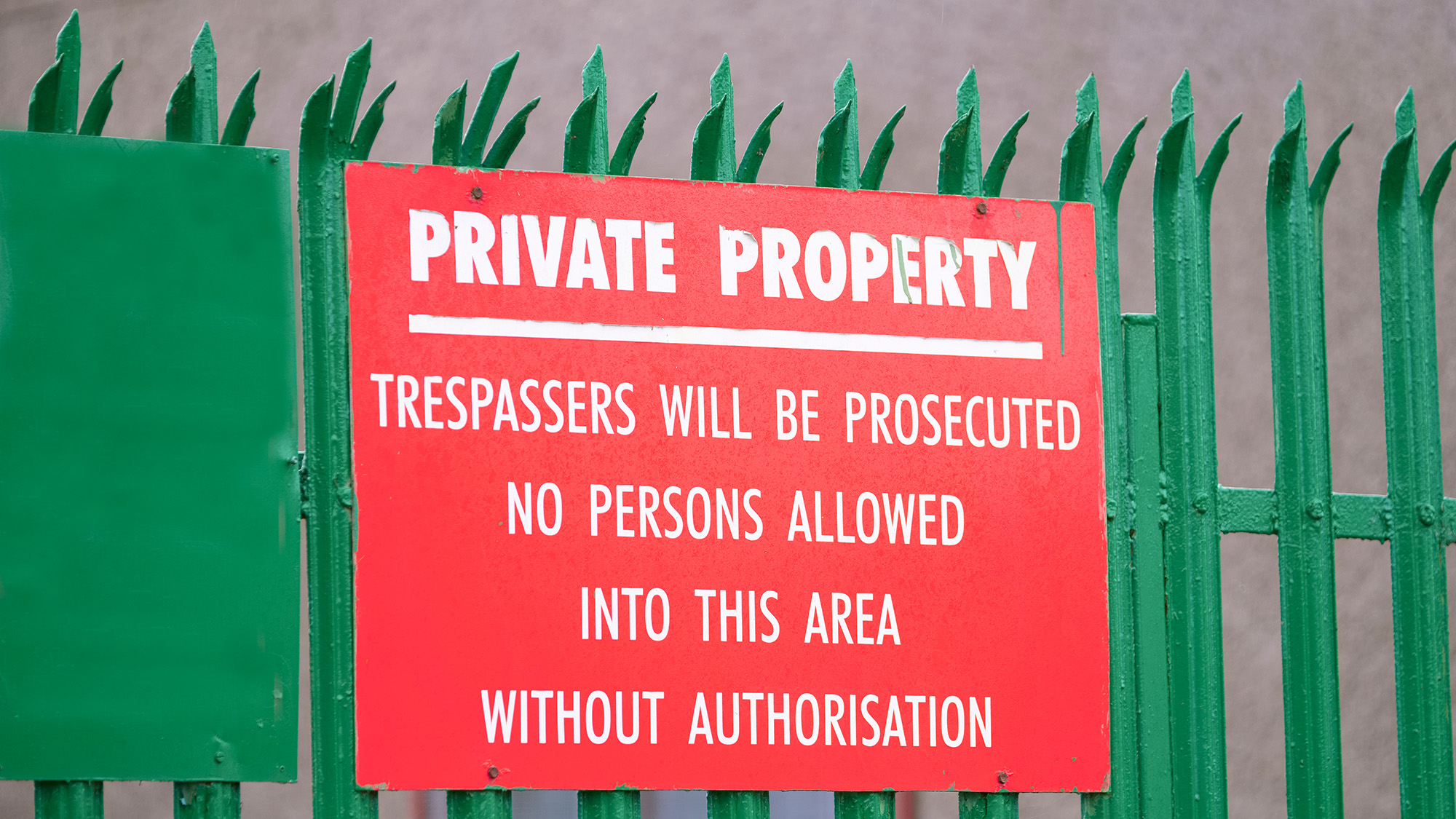
In recent years, commercial offices have undergone significant transformation. The emergence of the space-as-a-service model has seen the rise of co-working and flexible offices along with increasing demand for community spaces, modernised facilities and concierge services.
The pandemic fundamentally accelerated this transition, while new generations have different expectations of the workplace and technological advances are making office buildings smarter.
As a result, property managers are making people central to their management to provide a high-quality experience and strengthen their brand.
Although occupier businesses are still trying to find an optimal hybrid working model, they understand the importance of the office. A high-quality building with equally good services helps to attract and retain talent.
Landlords and property managers striving to satisfy the increasingly high expectations of today's occupiers therefore need a new framework to remain competitive.
This framework consists of checklists, scorecards and corresponding supporting guidance that help to benchmark properties.
Checklists and scorecards can improve performance
RICS and Savills have been using a building performance approach to develop, respectively, the International Building Operation Standard (IBOS) and RISE. Five pillars underpin the standards and assessment criteria for each, enabling them to measure and benchmark building performance.
The building performance assessment checklists and scorecards for IBOS and RISE provide a structured approach to evaluating the effectiveness of a building's operations, customer experience and service performance.
The checklists typically include well-defined criteria across several key areas, such as compliance, facilities management services, operational costs, energy efficiency, waste, indoor air quality, occupant comfort, user engagement and experience, well-being and sustainability practices.
By providing a clear and quantifiable measure of building performance, the scorecards in turn help property owners and managers to establish a baseline that they can work with to make some enhancements. The card also uses data to prioritise actions, add value and improve performance.
Consistently using this process encourages continued improvement and enables IBOS and RISE to track progress and quantify performance gains. For example, Savills reports an average gain of 34% in overall performance for properties using its RISE assessment programme.
Evaluation should be supported by assessment
To gain immediate insights into building operations and identify obvious inefficiencies or areas needing attention, self-assessments can be carried out. These are generally inexpensive as they can be conducted by the building's own management team.
However, self-assessments may lack objectivity because they will be prone to bias. An internal verification process may help to overcome this, which usually involves a dedicated person or team, separate from the teams being assessed and trained for this particular purpose, providing an impartial view.
IBOS has a self-assessment tool that helps organisations to measure consistently the operational performance of their properties, irrespective of the type or location. Support including IBOS training can help organisations to upskill people and develop internal verification for their portfolio.
Another means of preventing internal biases is to have an external audit conducted by an independent expert. These offer the most objectivity and credibility and align with industry standards, such as the ISO standards or other building certification schemes.
RISE provides the opportunity for property managers to apply for a RISE certification audit completed by a third-party auditor.
The RISE standards app enables the auditor to review the assessment and evidence submitted by the building teams. The app streamlines and automates processes, supporting team collaboration, and quickly assessing the actual building performance value.
Regular self-assessments can be complemented by periodic internal verifications and external audits to inform a comprehensive evaluation strategy.
Approach ensures quality and adds value
By providing clear metrics, practical insights and an appropriate evaluation methodology, checklists and scorecards can support better decision-making, increase property value and ensure consistent quality standards across the market.
There's an opportunity to develop this approach and for landlords, property managers and occupiers to adopt industry-recognised standards and widen the use of building performance scorecards, which could be supported by a certification process.
This would complement existing certification schemes, such as BREEAM, WELL and WiredScore and help to combine their value and positive impact on building performance.
The approach is certainly scalable, could be used across the commercial property sector and apply to any other property sector.
Certain standards may need to be slightly adapted from one sector to another to suit specific customer needs and the building's use, but overall the scheme and tools would remain the same.
Such a certification could bring valuable insights into service quality and be used to promote the building and attract prospective tenants, offering a more holistic view of building performance while helping satisfy the evolving expectations of building users.
Certificate in Corporate Real Estate and Facilities Management
8 April 2025 | 200 hours CPD | Online
Make a significant impact on your organisation and elevate your career with our eight-month training programme.
Gain enhanced knowledge to improve workplace productivity, communication and your organisation's competitive strategy.

